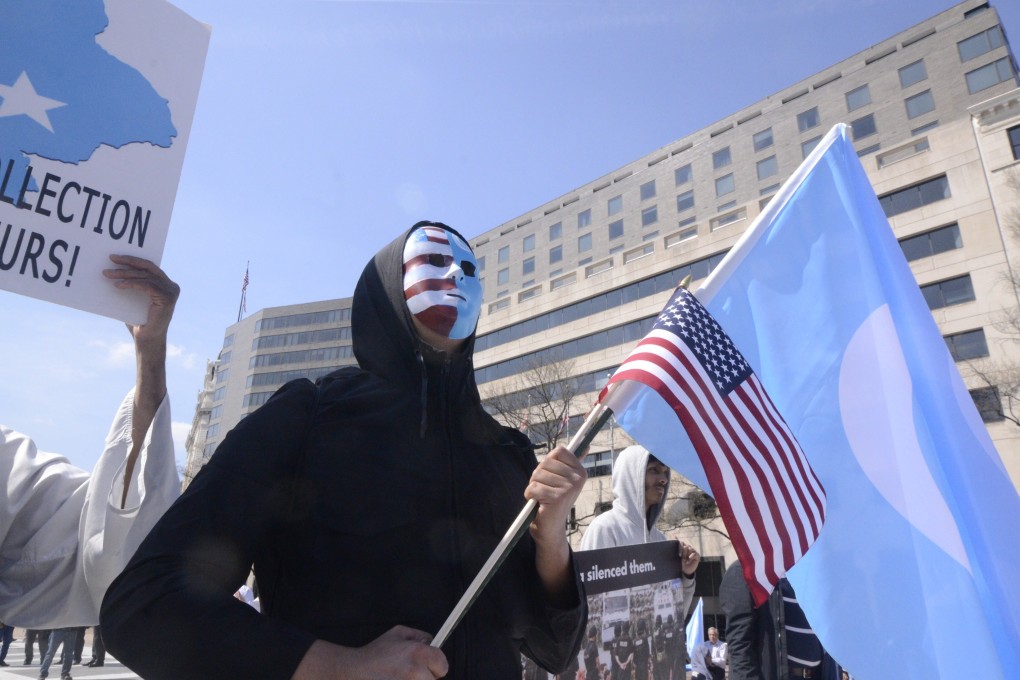Donald Trump signs Uygur human rights bill into US law, authorising sanctions against Chinese officials
- New law also requires a State Department report on the human rights situation in Xinjiang, including estimates of how many people have been detained in camps
- Bill’s enactment comes amid damning allegations by a former adviser that Trump expressed approval of the camps in a private talk with Xi Jinping last year

US President Donald Trump signed into law a bill authorising sanctions against Chinese officials over the mass internment of Muslim ethnic minority groups in China’s northwest on Wednesday, amid damning allegations by a former adviser that Trump privately expressed his approval to Chinese President Xi Jinping of the camps last year.
Trump, who has previously complained of human rights legislation complicating his dealings with China, quietly signed the bill into law with no cameras present, more than a week after a united Congress sent it to his desk with a vetoproof majority.
The legislation was introduced last year in response to the Chinese government’s establishment of mass internment facilities in Xinjiang for what it claims to be voluntary “vocational” education aimed at countering religious extremism.

03:21
US House of Representatives sends Uygur Human Rights Policy Act to Trump’s desk for approval
A series of leaks of internal government documents have challenged that narrative, building a picture of a network of tightly guarded facilities and top-down directives from Chinese Communist Party leaders to “round up everyone who should be rounded up”.